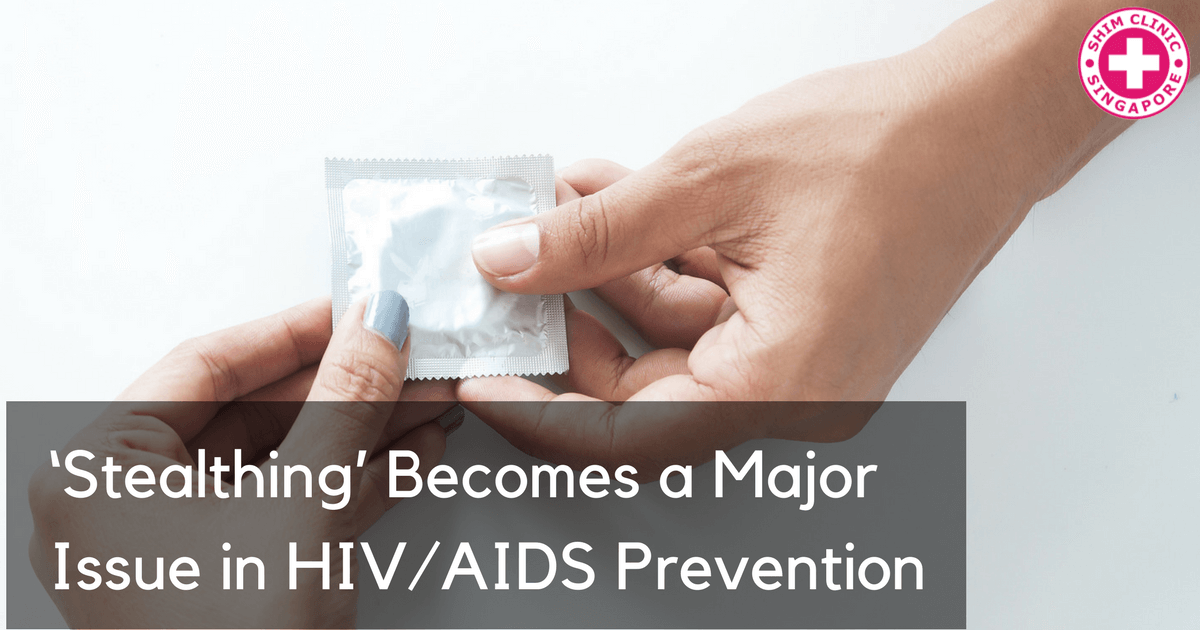There is a new practice among men raising concern over increased risk HIV transmission. This new practice referred to as ‘stealthing’ is where men are intentionally removing a condom during anal or vaginal sex without the knowledge or permission of their partners.
This nonconsensual condom removal of condoms has raised legal questions with some quarters arguing that it’s a form of sexual assault. The act is also raising concern because it poses a huge risk for the transmission of HIV and other STDs for women and gay men.
A study conducted by Alexandra Brodsky and published in the Columbia Journal of Gender and Law in April, describes how this act has become a common practice especially among young men who are sexually active.
The researcher interviewed women and also reviewed information from men who have experienced stealthing from their male partners.
ARVs Could Be the Blame
Brodsky said that women who had experienced stealthing described it as a demeaning, and disempowering act that violated their sexual agreement and the trust they had placed in their sexual partner.
According to Dr. David Hardy based at Whitman-Walker Health, about 5 to 15 gay men come to the medical center every month for testing after learning their partner removed the condom without their knowledge.
Hardy said that one reason why stealthing is becoming rampant us the believe that HIV positive men whose viral load is termed as undetectable as a result of successful use of Antiretroviral therapy (ARVs) may be of the idea that they can no longer infect someone else.
While a low viral load lowers the risk of transmission, the virus could reactivate making the patient infective again especially if they miss their medication even if it’s just for a week. Protection is therefore recommended all the time.
Experts feel that the popularity of stealthing could also be a reason why HIV post-exposure prophylaxis (PEP), medication given to those who suspect to have been exposed to HIV, is also becoming more common.
However, even with PEP, we cannot overlook the risk of STD transmission due to stealthing as PEP does not offer any protection against other STDs apart from HIV.
People Not Taking Legal Action
According to Brodsky’s findings, no one in the US is yet to take a legal action against someone who has put them through stealthing even though current federal and state laws may be able to offer criminal or civil remedies for stealthing.
Hardy says that most people why shy away from seeking legal action because the culprit is normally someone they met anonymously or through an app and the victims may not know how to contact them.
Brodsky says that theoretically, a stealthing is a form of rape, but there is need for a new tort for ‘stealthing’ so that victims can have a more viable cause of action.
Stealthing is heavily affecting the fight against HIV especially as a lot of effort has been made and continues to be made to educate people on the importance of condom use.
HIV campaigners have come along way in preventing new cases of infection and this is definitely a big blow to their work and therefore, more attention is needed to stop this vicious act.

